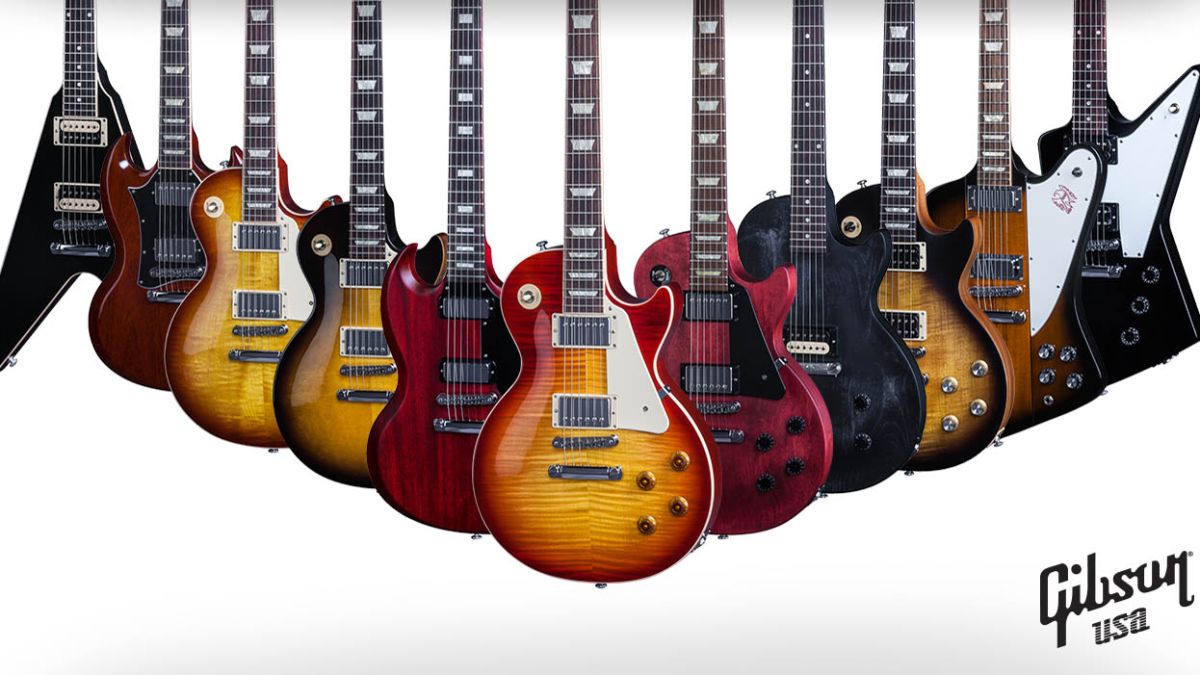Gibson is regarded as one of the most prominent and well-known brands in the guitar industry. This is due to the fact that they produced some of the most well-known guitars ever built. Legends like Angus Young and Jimmy Page prefer them because of their long history of making excellent guitars. Prices for professional guitars might be a bit costly, and Gibson is no exception. We all wished to buy a Les Paul or any other kind of their guitar, but the cost was extremely high.
You probably would have thought why Gibson guitars are so expensive. Despite they use the same common materials as other manufacturers, there is a significant price difference. You probably would have thought that all guitars are the same, they are of mostly the same sizes and shapes, then why is there a huge price difference between them.
There are a few factors that contribute to Gibson guitars’ higher prices. Only the highest quality wood and unique, long-lasting guitar parts are used in the construction of Gibson guitars. The majority of Gibson guitars are handmade, which means they receive more care and attention than the standard production line guitars you could find built in Asia. The entire selling price of each model is raised as a result of the extra time and care.
Here are the reasons Why Gibson Guitars Are So Expensive:
Brand And Legacy
Gibson was present when rock ‘n’ roll first began. It has such a rich history, and practically every guitar player you can think of has played Gibson at some point. In addition, several outstanding musicians, like B.B. King, Duane Allman, Freddy King, and Angus Young of AC/DC, primarily used Gibson guitars throughout their careers. The brand has a long history, which gives it a lot of weight. Of course, the brand itself also contributes a small portion of the price. It would be silly to not assume that the “Gibson” logo makes their guitars a little more pricey.

The final price of the instrument is significantly influenced by the name and level of familiarity. While we won’t suggest that it is the only factor in their guitars’ high price, it should unquestionably be considered. The 1952-born Gibson Les Paul is still among the most well-known guitars ever made today. This solid-body guitar had a distinct tone, which many musicians all over the world desired.
Of course, it might mean a lot historically to see musicians like Eric Clapton and Mark Knopfler playing Gibson models. Not to mention the role B.B. King formerly played as Lucille. This is merely another element that denotes prestige. In the end, many people aspire to own a Gibson guitar, which has great significance. Additionally, that will somewhat raise the price. Since the best guitarist in the world used to play Gibson guitars, that does indeed mean that they have been good.
Manufacturing Location
The firm has been in existence for 125 years and was established in Michigan in 1894. As you can imagine, that has some significance. Gibson guitars are well-known and have a solid reputation for quality. Additionally, the corporation won’t have the luxury of employing someone on another continent eager to do it for less because every component of the guitar is from the United States and costs more to construct.

There are three Gibson plants in the United States, located in Nashville, Memphis, and Bozeman. Semi-hollow guitars like those in the renowned ES series are made by the plant in Memphis, Tennessee. The Nashville, Tennessee, plant produces Paul and SG-style solid-body guitars. The third plant in Bozeman, Montana, produces acoustic guitars.
Therefore, as we already stated, every component of the guitar is built in the United States, which will significantly affect the price of their models as a whole. This is one of the key causes for which businesses have chosen to shift abroad in order to cut costs. For instance, Fender has a plant in Mexico where the guitars are put together. Other businesses typically select nations like China, Korea, Indonesia, and India.
Type Of Wood
Wood plays a second deciding role. The cost of the guitar will increase if premium wood is used. Additionally, because of the tight restrictions and regulations in the US, using a particular type of wood will cost the companies more, increasing the cost of the instrument. Not to mention the fact that the wood used in their guitars, such as rosewood, mahogany, ebony, and maple, is typically either uncommon or expensive. Although there is a substitute, customers won’t be pleased if Les Paul switches from using one sort of wood to another. Finding and acquiring particular types of wood might be expensive.
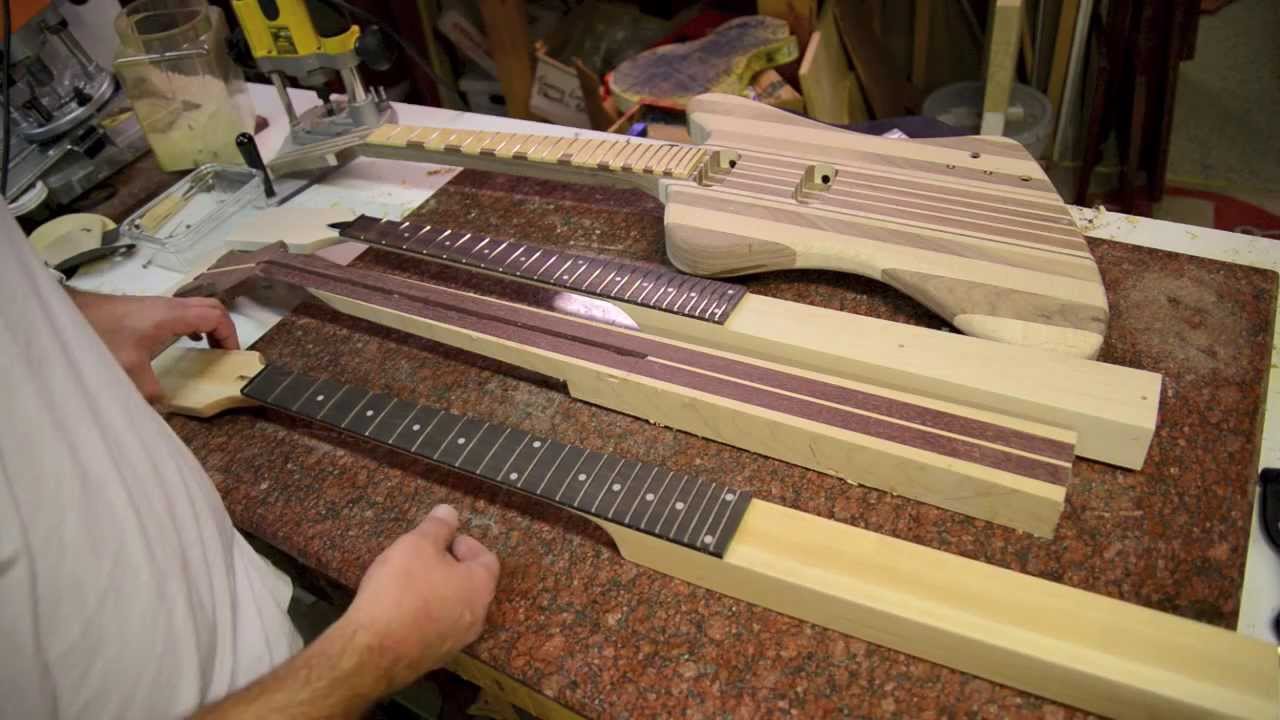
Since Gibson is based in the United States and only produces guitars here, there are many more severe laws regarding the import of wood when compared to other companies. There is no getting around the rule or getting around a restriction like the one on rosewood use. Other businesses, however, have to abide by the laws of the nations where their factories are located.
An Expensive Guitar Finish
Usually, people forget the cost of making something. Despite having a factory, Gibson will still need to spend money in order to make money, and each guitar they produce will have a set price tag. Additionally, Gibson finishes guitars using nitrocellulose. The regulations in the United States severely restrict how this kind of paint can be used. This especially refers to how much of this polish they can use each day. This will therefore limit the number of guitars they may produce each day.
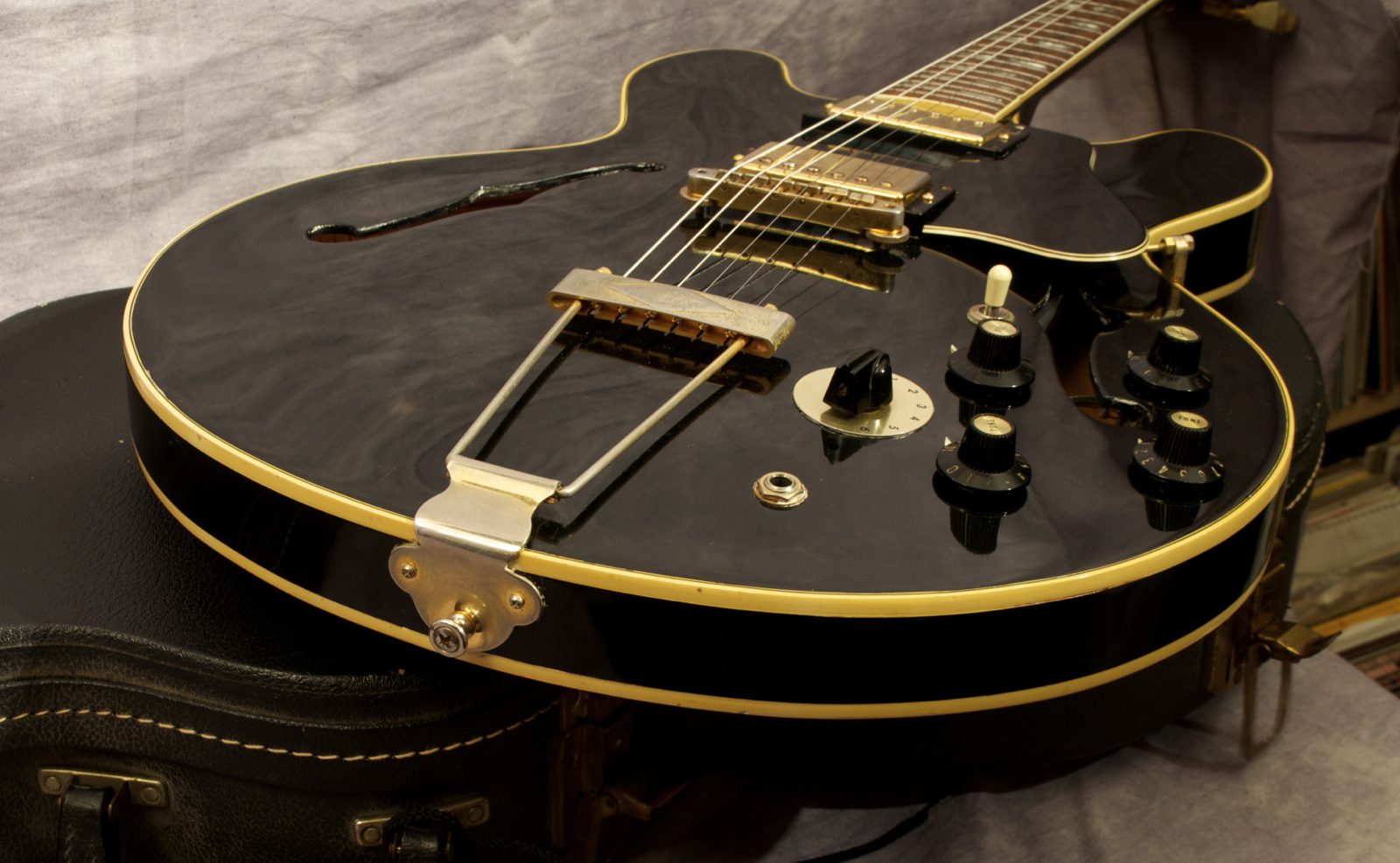
If they wish to continue working, they must abide by a great deal of new safety and environmental restrictions, which will raise the cost slightly. This is among the key causes for other businesses to move to different coatings like polyurethane or urethane, or possibly to relocate their manufacturing to a different nation where they won’t face such restrictions. Gibson is completely made in the United States, therefore moving production elsewhere is extremely unlikely.
Vintage Models
Since Gibson guitars have been around for almost a century, people have grown addicted to a particular type of wood and expect Gibson to provide it. Only 20 years ago, rosewood was typically used for guitar fretboards. The use of rosewood is now restricted, therefore you won’t be able to find it as easily. You probably won’t be able to find a new guitar with rosewood if you want to buy one.
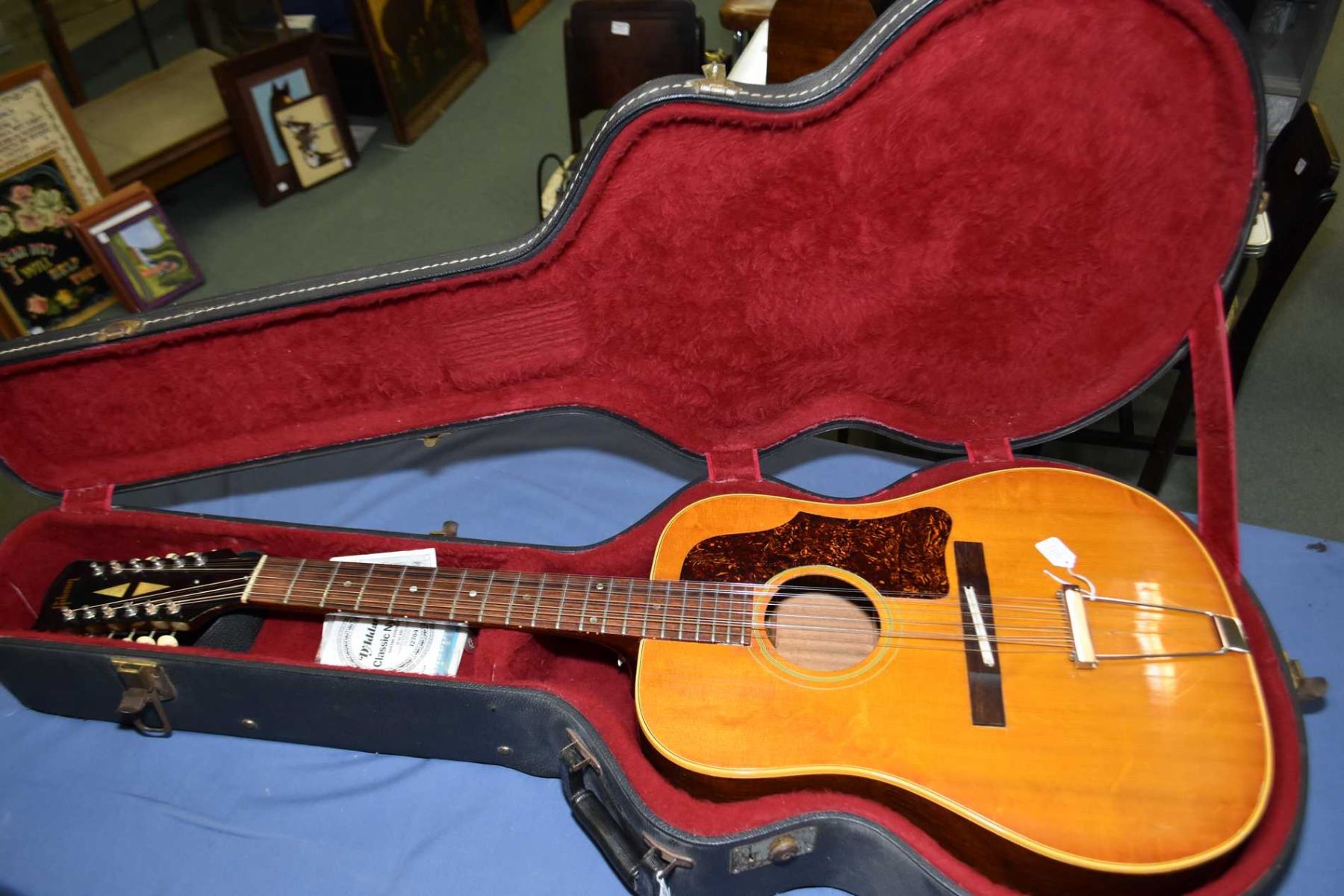
Gibson is also affected by the same problem. The techniques and wood they used in the past may be more expensive or perhaps limited now. Players would, however, want it, and the cost of rare wood or anything else would skyrocket. Additionally, customers will desire a guitar made with the same components as those used fifty years ago. Naturally, this will be far more expensive. One of Les Paul’s finest 1960 models is capable of costing six figures. As you can expect, it won’t be cheap to build a model like this one.
Also Read: Funniest Superheroes From The DC Universe
Expensive Testing Machine
Gibson uses an expensive Plek machine to test their guitars. If you are unfamiliar with the Plek machine, it is a CNC tool designed specifically for testing guitars. They’ll insert the finished guitar into the Plek machine after finishing it. The instrument will scan the guitar, measuring each string beneath each fret, and the results will indicate whether the fretwork or neck has any irregularities. In addition, the machine will be able to detect neck twisting and improper leveling of a single fret.
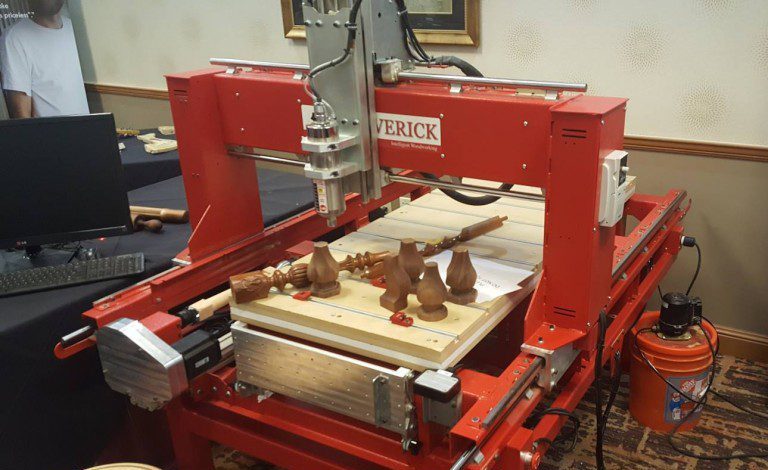
Additionally, the machine performs all of this while the guitar is being strung or while the neck is still under string tension. The machine will then continue to level the frets and nuts to produce the greatest quality guitars possible.
The machine itself is quite pricey and has a millimeter-level accuracy for detecting irregularities. Even though this is simply one more expense on top of the guitar’s base price, it ensures that every guitar that leaves the factory is of the same caliber and level. They may put four-digit pricing without any problems thanks to their reliability. Because, let’s face it, if you are spending $1,000 on a guitar, you want to be certain that it is worthwhile.
Human Hands Takes More Time And Money
While the majority of the guitar’s fundamental shape and wood cutting are typically done using CNC machines, many tasks are still done by hand. You’d be surprised to learn how much of the entire process is carried out manually, however it would be foolish to construct a full guitar without the help of advanced technologies.
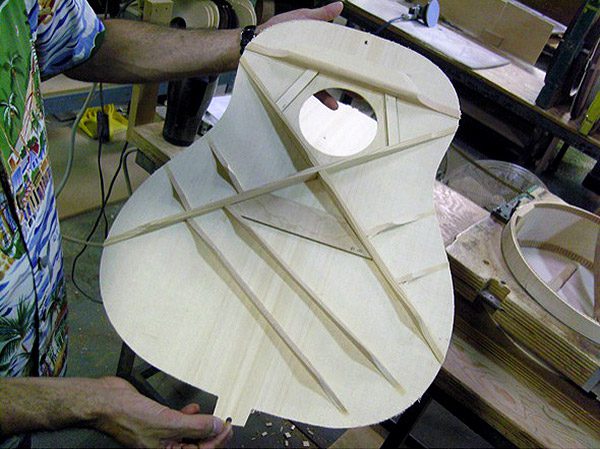
For instance, each neck is individually polished and sanded, giving each guitar a distinct appearance. Of course, putting this together demands a high level of craftsmanship, which will raise the guitar’s cost. We already discussed how limited the use of nitrocellulose is, however, there is a fact that it is rather tough to work with it. Gibson continues to use nitro for the finishing because it ages well, so many people prefer it to urethane or polyurethane finishing, and nitro is more expensive.
Gibson also avoids using screws to join the neck to the body. For improved durability, they glue it, which is much harder to do. Additionally, compared to other businesses, their entire guitar-making process is considerably more complicated. Many manufacturers have shifted to bolt-on neck since it is simpler, as we already explained. Last but not least, finishing a single guitar will take much longer if you do something manually, such as sanding or polishing than if you use just machines for the same procedure.
Electronics Wiring
Everyone will recognize that distinctive sound when it comes to Gibson guitars. Since solid-body guitars are what we are mostly discussing, the tone will largely depend on the electronics. Gibson’s electronics are built in the United States, much like all of the other components of the instrument. Although Gibson sells a variety of pickups and electronic options, players typically demand a particular tone from Gibson guitars, and there is limited room to change anything.
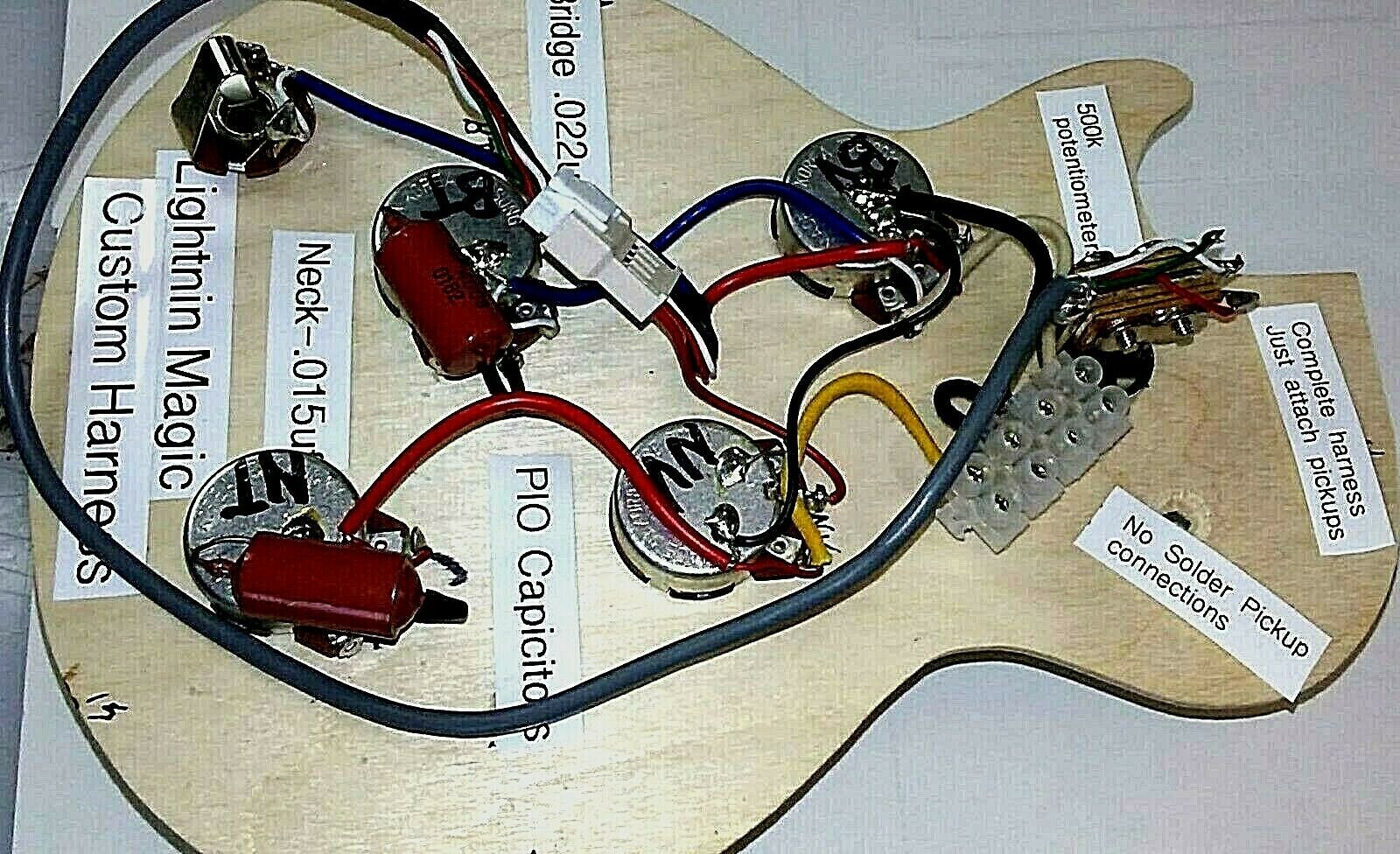
Additionally, the majority of their models are hand-wired, which will raise prices even further. Of course, they could speed things up with machines, but fans wouldn’t be happy about it. In addition to pickups, there are potentiometers, switches, capacitors, and other components that are often cheaper, but if you hand-wire them and make everything with such care, the guitar will cost much more.
Finally, the cost of the materials is more compared to other cheaper guitars, much like the cost of wood. Gibson’s business will use more costly materials, thoroughly test everything, and carefully engineer everything, which will result in a slight price increase. Cheaper guitars are rarely put through testing, thus a knockoff won’t be of the same caliber.
Shipping Cost
The other problem you can run into if you live outside of the US is importing a guitar. Despite the fact that this does not immediately increase the cost of the instrument, it is still something we should take into account. For instance, if you live in Europe, you will likely spend more than someone who purchased the same guitar over the pond, even if you’re at a local store and buy it. This is due to the fact that the retailer who sold you the guitar originally had to cover the shipping costs.
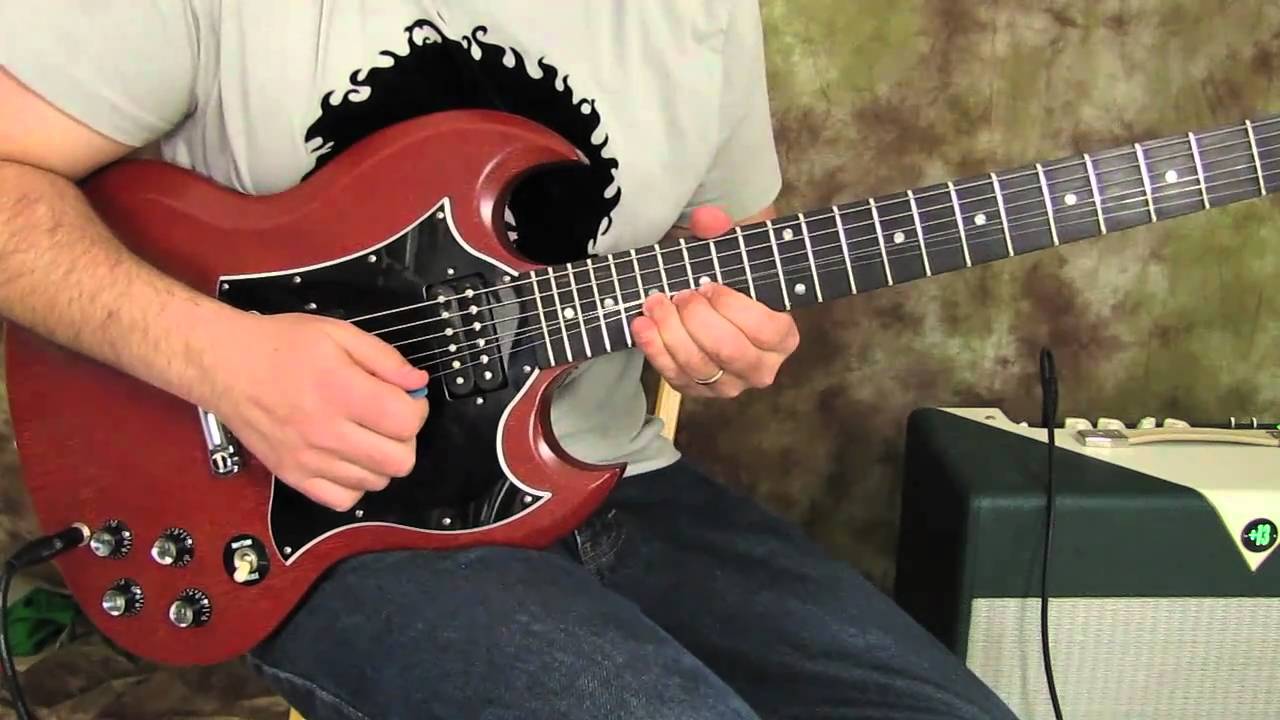
The guitar cannot possibly reach another country without traveling a great distance, which is expensive. Depending on which country you live in and all the extra taxes you must pay, the cost of shipping the guitar if you opt to acquire it online might be well over $400. Naturally, the price will be significantly cheaper for stores that regularly send items overseas, but it is certain that they will spend something for the instrument to arrive in that country.
Cheaper Gibson Alternative, But…
There is a purpose to a guitar’s four-digit price when it comes to being pricey. The guitars were either carefully designed with extraordinary expertise, or they bear a piece of history. Of course, you can always purchase an Epiphone if all you want is that particular shape.
Despite being twenty years older than Gibson, Epiphone is a brand owned by Gibson and specializes in making less expensive variations of Gibson guitars. You’ll not only receive a good guitar for less money, but Epiphone also makes a ton of signature models and is played by a ton of different musicians.
You should be conscious that Epiphone won’t use expensive wood, hardware, or any other component of the guitar, and they’ll likely choose one of the less expensive manufacturing processes. However, you will need to be prepared to pay extra if you want to get anything that is genuine and the “real deal.” Gibson guitars have never been cheap, and this is unlikely to change anytime soon.
Also Read: 10 Marvel Villains You Were Probably Unaware Of

